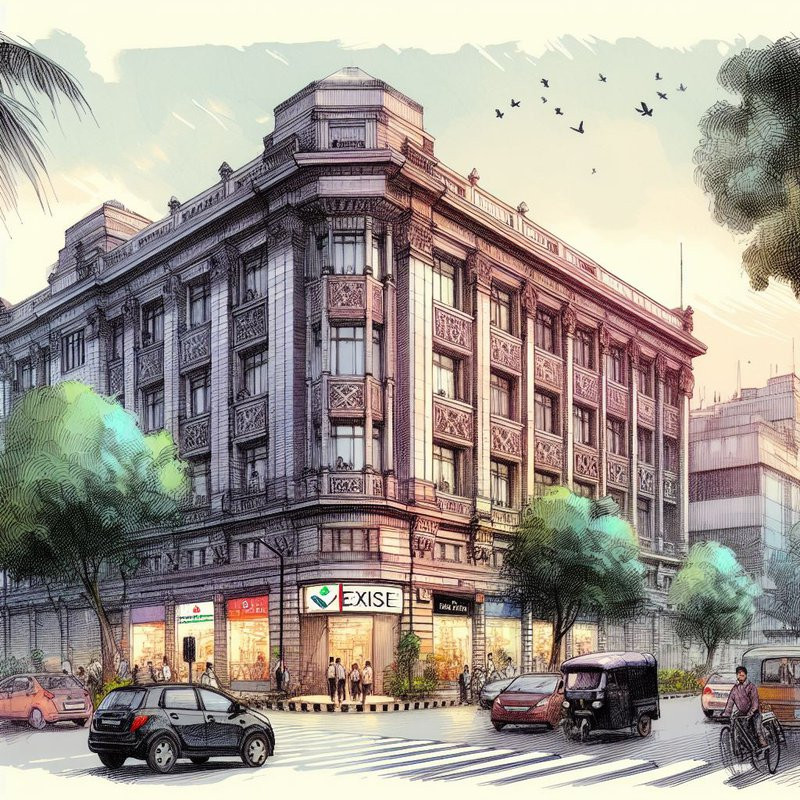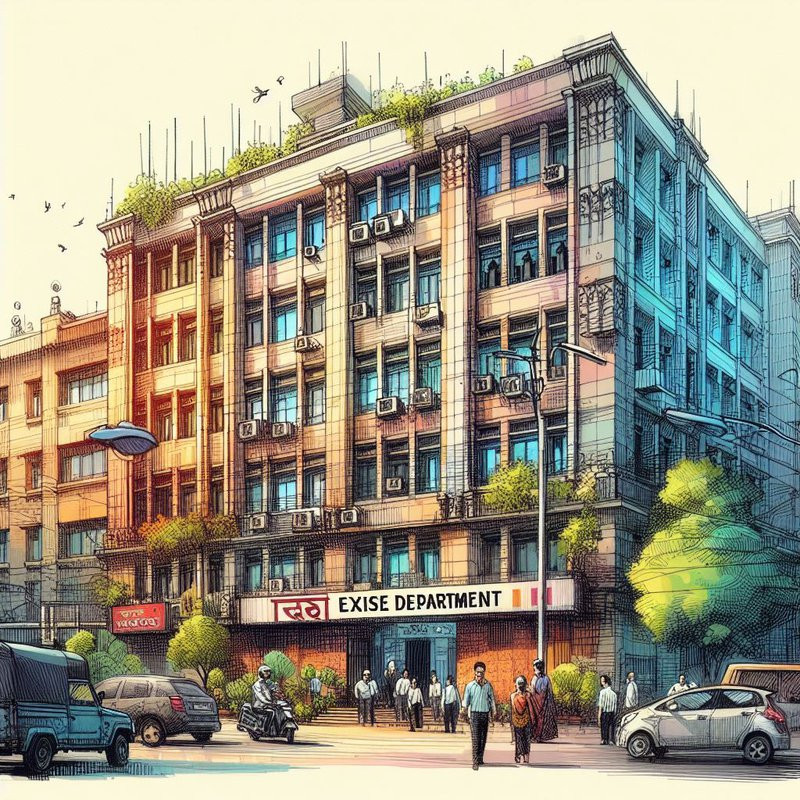The Central Excise Day is celebrated on February 24th every year in India. It commemorates the establishment of the Central Excise and Salt Act on this day in 1944. This act marked a significant milestone in India's history, as it laid the foundation for the country's modern taxation system.
Understanding the Central Excise Department
The Central Excise department is responsible for administering and collecting excise duties, which are indirect taxes levied on goods manufactured within the country. These duties are imposed at the time of manufacturing or production and are typically passed on to consumers through the selling price of goods.
Significance and History of Central Excise Day
Central Excise Day holds great significance as it highlights the contribution of the department towards revenue generation for the government. The day also serves as a reminder of the efforts made by officers and staff members to ensure compliance with excise laws.
The history of Central Excise Day dates back to 1944 when the Central Excise and Salt Act was enacted. This act consolidated various laws related to central excise duty and salt into a single legislation. It aimed to streamline taxation processes, prevent tax evasion, and promote economic growth.
Celebration of Central Excise Day
On Central Excise Day, various events and activities are organized across India to celebrate the achievements of the department. These celebrations include seminars, workshops, exhibitions, cultural programs, and award ceremonies. The focus is not only on recognizing outstanding contributions but also on creating awareness about excise laws among businesses and individuals.

Relevance in the Era of GST
With the implementation of Goods and Services Tax (GST) in India in 2017, some may question whether central excise still holds relevance. While GST has brought significant changes to India's tax structure, including subsuming several indirect taxes like central excise duty, it does not render central excise obsolete.
The Central Excise department continues to play a crucial role in areas that fall outside the purview of GST. For instance, excise duty is still applicable on certain goods like petroleum products, tobacco, and alcohol. Additionally, the department focuses on monitoring compliance with excise laws, preventing tax evasion, and ensuring the smooth functioning of the manufacturing sector.
Role of Central Excise Department
The Central Excise department plays a vital role in various sectors and areas. Some examples include:
- Manufacturing Industry: The department regulates and collects excise duties from manufacturers across industries such as textiles, automobiles, pharmaceuticals, and consumer goods.
- Revenue Generation: The collection of excise duties contributes significantly to government revenue, which is utilized for public welfare programs and infrastructure development.
- Consumer Protection: By levying excise duties on specific goods like tobacco and alcohol, the department aims to discourage their consumption and promote public health.
- Tax Compliance: The Central Excise department ensures that businesses comply with excise laws through audits, inspections, and penalties for non-compliance.
- Economic Growth: By maintaining a fair taxation system and preventing tax evasion, the department fosters a conducive environment for economic growth and investment.

In conclusion, Central Excise Day holds immense significance in celebrating the establishment of India's modern taxation system. While GST has brought about significant changes in India's tax structure, the Central Excise department continues to play a crucial role in specific areas. It ensures compliance with excise laws, generates revenue for the government, protects consumers' interests, promotes economic growth, and contributes to overall development.